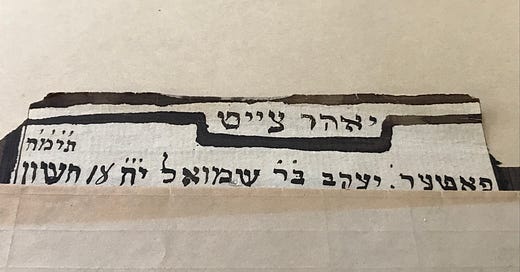I am at a loss for words. In the midst of the breathtaking, jaw-dropping events in Ukraine, I have off-loaded my Webster’s Third New International Dictionary of the English Language, Unabridged. Frank took it to the dump yesterday. All 2662 pages of it. Throwing out a dictionary is a little like throwing out a prayerbook. It feels transgressive, pulling the plug on all those words that may have had a little life left in them. The tradition in Judaism is to bury any book that has the name of God in it and to do it with some ceremony. The name of God must not rub up against any leftover Chinese food and surely my Webster’s included The Name thousands of times in thousands of forms. Allah, Jesus, ha-Shem, roses, lions, your child’s earlobes. It would have been a good idea to find a shady spot for it in the backyard near my mother’s ashes, but I was preoccupied with newsreel footage of people trying to get out of Kyiv, not far from where my mother’s grandfather was born in Brody, in the western part of that beleaguered country. I couldn’t move except to look up Webster’s on Amazon and note that it only got 1.5 stars. The dictionary has been assigned to the dustbin of history where many stars will shine down on it. We will have to tunnel into our store of memory, into the deep recesses of consciousness to try to find ways to express the horror .
Ocean Vuong, the author of the magnificent novel On Earth We’re Briefly Gorgeous, has written that “language, despite major developments in medicine and science, is still our most advanced technology.” Words have the capacity to connect, explain, convey emotion. Still, there are times when they feel wholly inadequate to their task.
How would you describe the experience of a nation of 44 million people holding its collective breath in anticipation of invasion? What are the words for huddling in the subway listening to bombs raining down and gunfire overhead? Where is the language for this assault on decency, on self-determination? We will have to wait for the poets to transmute the anguish and bloodshed into structures that we recognize as art and it will take time, as it always does when artists take on the witness to catastrophe, as it did after the Holocaust, as it is now unfolding in fits and starts for those trying to give expression to the enormity of climate change and pandemic.
These events in Ukraine are both the dawn of a new order, a massive disruption of the way the world has organized itself since the end of the Second World War and, at the same time, a shopworn plot line as old as human history. Here we have a bully rounding up an army of nineteen year olds to invade a neighboring country which has sworn to defend itself to the last armed shopkeeper. Here we have long lines of refugees trying to escape, lacking adequate fuel, food, and water. Here we have cities in ruins, explosions disturbing the sleep of petrified children. But over here in America, they tell us, there will be pain at the gas pump. What exactly is the meaning of that word…pain?
It might be that along with staying informed and donating small sums, the greatest contribution that most of us can make is to avoid facile explanations of densely complicated events. Words can exacerbate pain when they are breezily scattered like so much bird seed. I was once called to the emergency room at Berkshire Medical Center to support the wife of a fifty year old man who had died in a skiing accident. I was a newly minted chaplain with absolutely no experience of tragedy. When I got to the ER waiting room, I was struck dumb. It was acutely uncomfortable for me to stand there with the woman who was in shock, too devastated to even weep. Later, I understood that this was a form of grace given to me. I was forced to remain in silence because I didn’t know what to say. This is how I feel about Ukraine. I refuse to have opinions about what NATO should do, what Biden should do. I want the street fighter in Kharkiv and the protesters in St. Petersburg to know I am with them even if they can’t hear me speak. I simply want to dig up my Book of Psalms and stand among the prayerful in Ukraine and all over the world.
Copies of my 2019 essay collection, Twilight Time: Aging in Amazement, are available directly from me (signed) or from Amazon or your local bookseller.





Moved to tears - the highest compliment. thank you Susie
Your words are just what I needed to read this morning - exquisite, heart-opening, and exactly on. Thank you